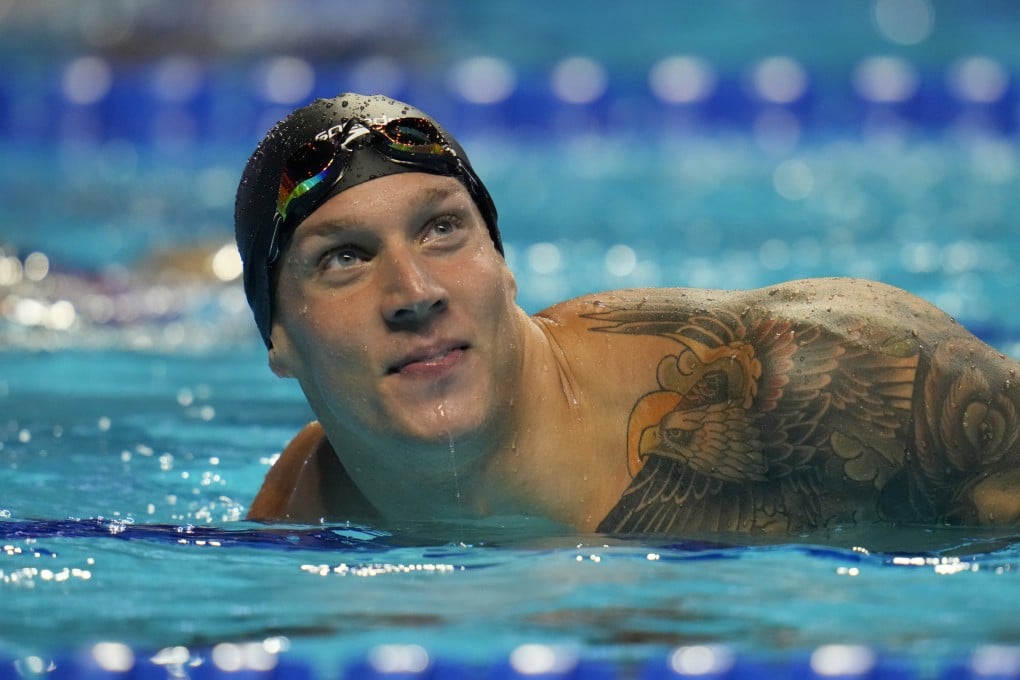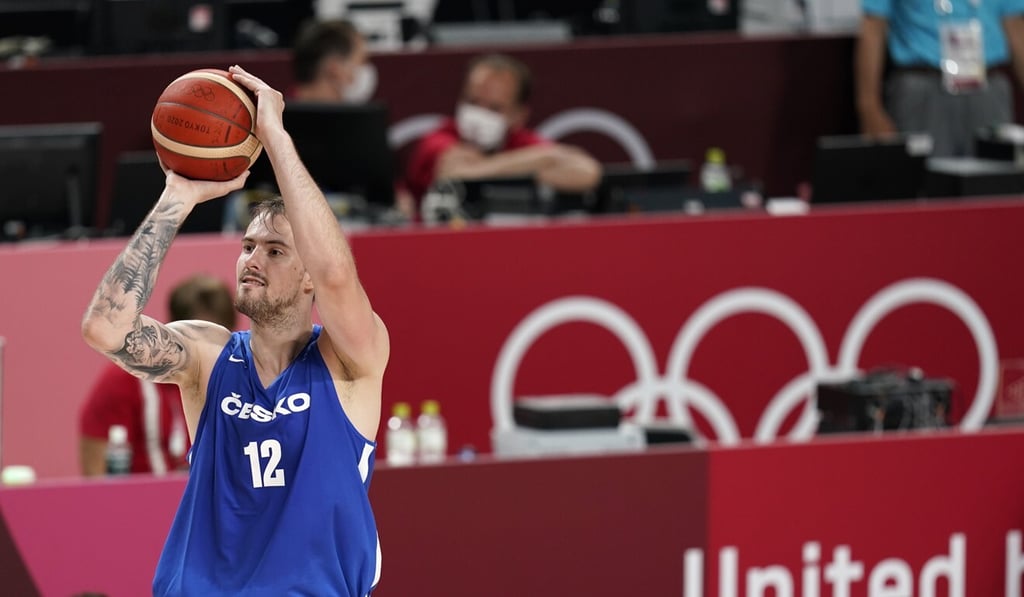Advertisement
Tokyo 2020: are tattoos still taboo at Olympics or has Covid-19 swallowed up the controversy?
- Tattoos were seen as one of the areas of concern before the pandemic drastically changed the narrative of the Games
- With no international spectators or tourists in Japan, is ink – which is still taboo in modern Japanese culture – still a thing?
Reading Time:2 minutes
Why you can trust SCMP
13

Follow our live coverage of day two of the Tokyo Olympics here.
Before the pandemic became the all-consuming story of Tokyo 2020, there were questions around athletes and tourists coming into Japan from around the world baring visible tattoos.
Tattoos have long been taboo in Japan given their link to criminal gangs such as the yakuza. This stems from “irezumi”, which are traditional Japanese tattoos that first came to prominence hundreds of years ago and used to be showcased within the country as an art form. Then in 1720, the government decided that instead of cutting off convicted criminals’ noses or ears, they would tattoo their arms or foreheads so people could identify them.
Advertisement
Tattoos further fell out of favour during the turn of the 19th century, known as the Meiji era, when the country was undergoing various changes through European colonisation of the region and modernisation. An article in the Asia Pacific Perspective said while Western countries such as the US became more accepting of tattoos, in Japan they were still an “antisocial ‘mark of disaffiliation’ firmly cemented in the public mindset. To put it plainly, tattoos in Japan have something of an image problem”.
Many places in Japan still ban people from having visible tattoos, such as in bathhouses, saunas, public swimming pools, beaches, gyms and even restaurants. Many yazuka members who have left the criminal lifestyle amid a government clampdown on the groups’ income find it difficult to reintegrate into society if their tattoos are still visible. Some have difficulty finding work and feel stigmatised for their tattoos.
Advertisement

Before the pandemic, tattoos were a sticking point leading up to the 2019 Rugby World Cup in Japan, where matches were held all over the country. New Zealand’s All Blacks players made news when they said they were more than happy to cover up their ink in public because of the cultural sensitivities.
Advertisement
Select Voice
Select Speed
1.00x